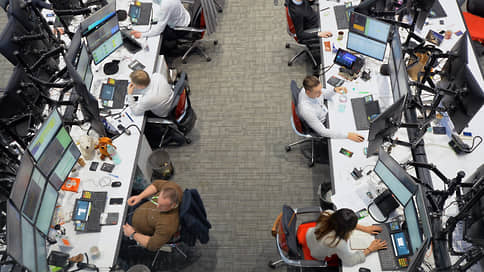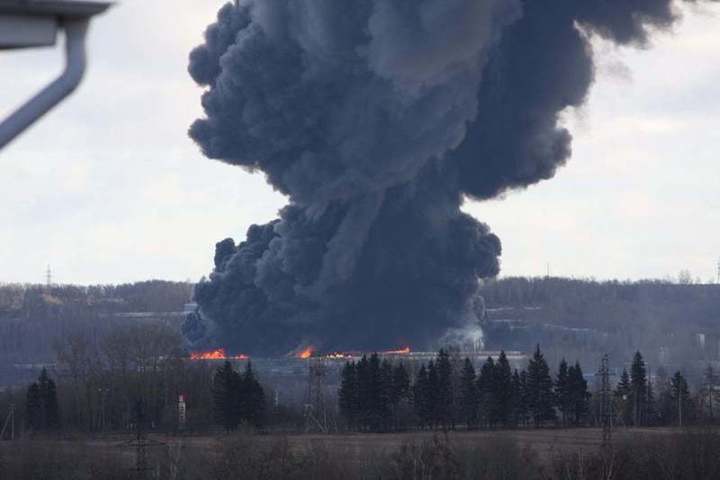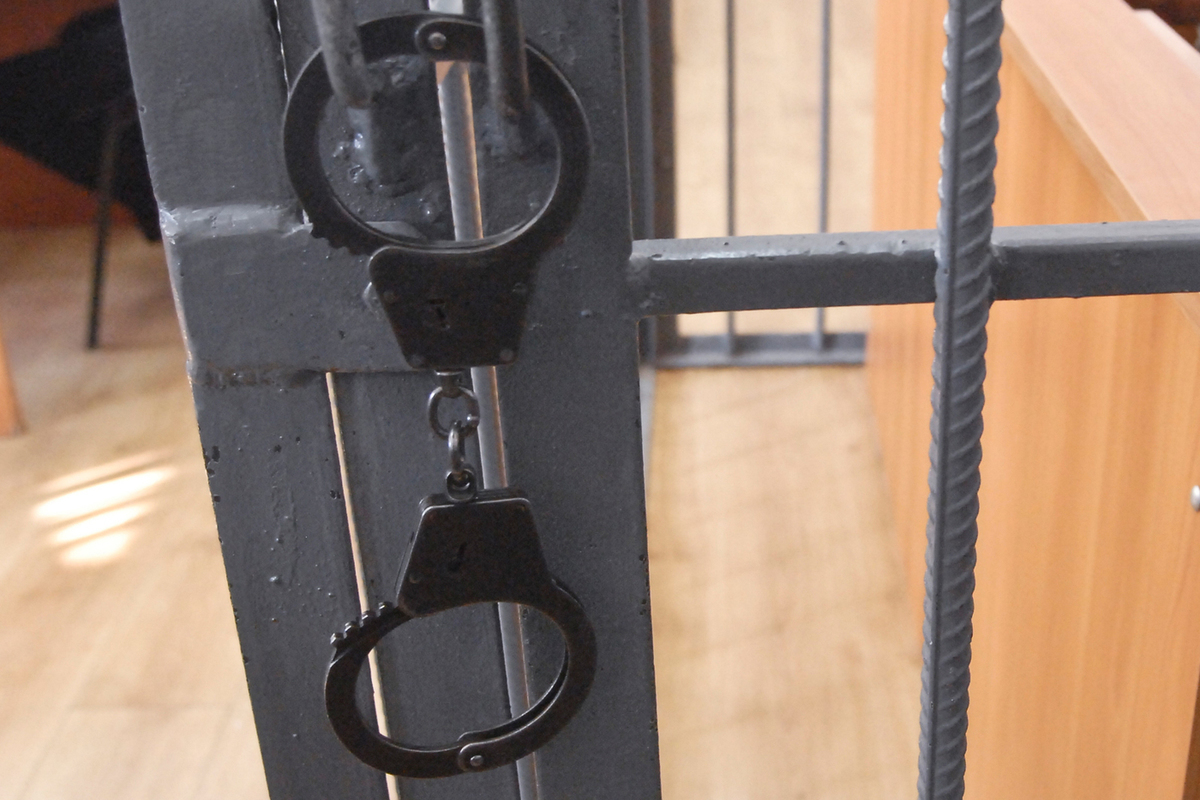Mobilization market - Finance - Kommersant

The announcement of partial mobilization in the first minutes of exchange trading, as expected, collapsed the Russian financial market. The most liquid stocks lost 11-15%, the dollar soared to 62.8 rubles/$, and the yields on long-term government bonds rose to four-month-old levels. However, the game to reduce ruble assets did not continue, although the quotes did not return to the values of the previous one, which also experienced the deepest failure after the start of the military operation in Ukraine.
At the opening of trading on Wednesday, September 21, the Moscow Exchange index fell by 10%, reaching 2005 points. The index has not fallen this low since the end of February this year, after ads about the beginning of the military operation in Ukraine. The most liquid shares of Gazprom, LUKOIL, Sberbank, and Rosneft were once again among the drop leaders, losing 11-15% in price at the beginning of trading.
In addition, the quotations of securities Yandex, VK, TCS, Polymetal were actively declining, losing 16–18%. In the first hour of trading alone, their volume reached 35 billion rubles, which is comparable to the average per day in July-August.
At the same time, in the morning currency trading, which began at 7:00 am, the dollar exchange rate remained stable for almost two hours, around 60.7 rubles / $, by 10 kopecks. above the close on Tuesday. Closer to 9:00 a.m. began a steady growth in the rate of the American currency, and at the opening of the main session, the dollar rate reached 62.8 rubles / $, by 2.2 rubles. higher than the previous day's close and the high since early August.
The yield on long issues of government bonds reached 10.1-10.15% per annum, the maximum since the end of May, having added 10-20 bp. p. compared to the close of the previous trading session. Yields on short issues grew stronger, by 50–100 bp. p., reaching 8.5–9% per annum.
So strong was the reaction to performance President of Russia, which was expected last night, but it was rescheduled for Wednesday morning. In his appeal, Vladimir Putin announced the beginning of a partial mobilization. Viktor Tunev, chief analyst at Ingosstrakh Investments, points out that the reaction of the Russian market to the announcement of partial mobilization was expected.
However, there has not yet been a noticeable continuation of the game to reduce ruble assets on the stock and currency markets. Market participants note that after the landslide, the redemption of shares that have significantly sagged in price has been increased.
By 10:20 am, the Moscow Exchange Index returned to the value of 2150 points (2.4% lower than Tuesday's close), which remained close to the next one and a half hours of trading. By 11:00 am, quotes of the most liquid securities showed a decrease of 4-6% relative to Tuesday's close. The dollar exchange rate by this time also rolled back below the level of 61 rubles / $. At the same time, intensive trading continued with the yuan - in the first hour of the session, the volume of transactions exceeded 30 billion rubles, while the record figure of the past barely exceeded 70 billion rubles.
“Non-residents do not participate in the auction, so we do not expect a similar powerful sale as in February,” notes Mr. Tunev. At the same time, according to him, the increase in geopolitical risks implies a new wave of restrictions for Russian citizens and capital abroad. Capitals will have nowhere to run, and "sooner or later they will return to domestic assets," the expert believes.



